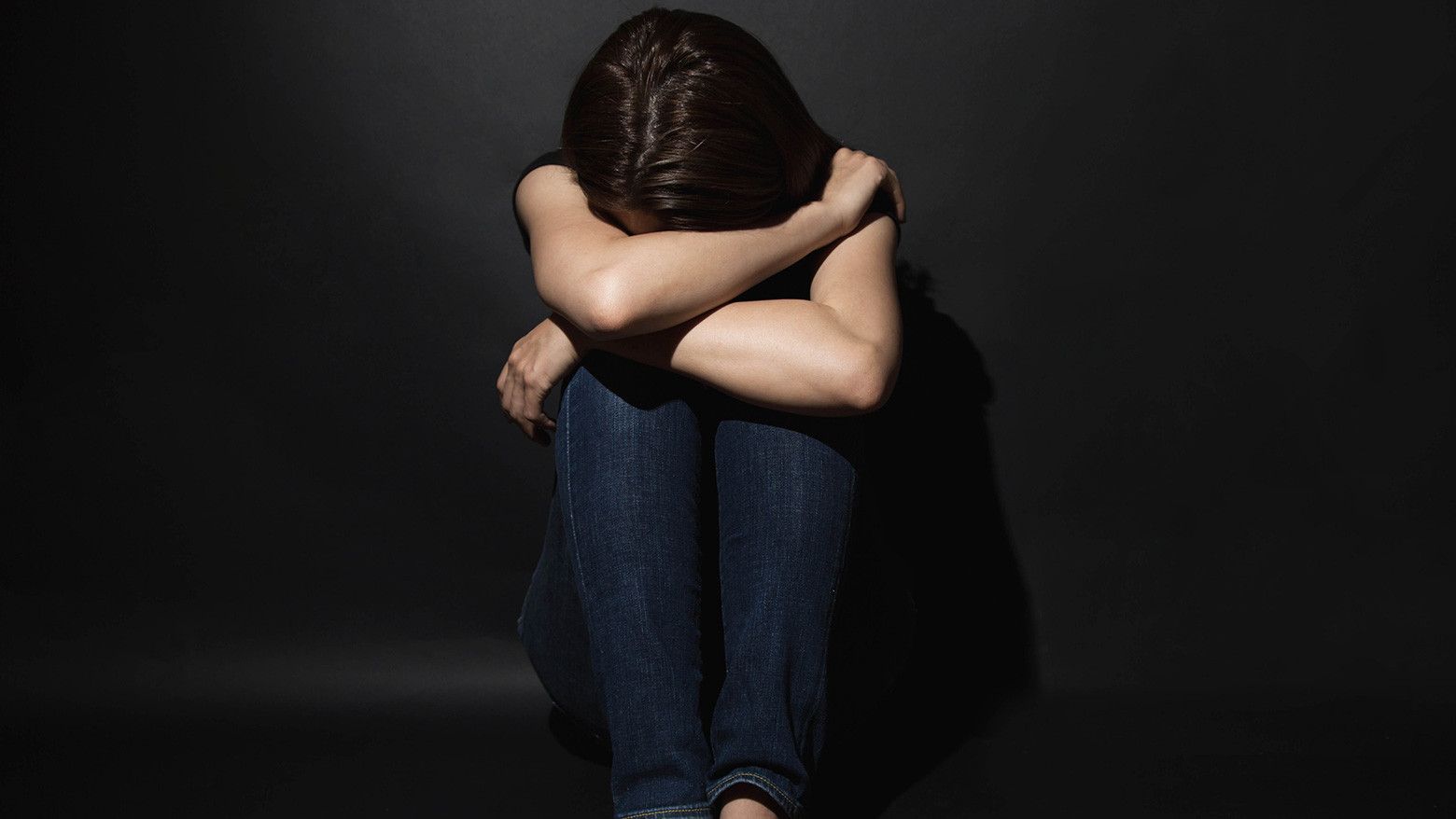A research group organized by the government’s Gender Equality Bureau highlighted the warning signs in an emergency report last October. It said the pandemic was exacerbating risk factors such as lack of employment and domestic violence that could lead to an increase in suicides among women.
“I lost my part-time job because of the pandemic,” the report quoted one woman as saying. “My husband yells at me every day for being lazy. If life goes on like this, I don’t know what I’ll do. I just want to disappear.”
One single mother of a child with a developmental disorder sought help after the coronavirus forced her to stay home, separated from her usual support network. “Raising my child is hard enough at normal times,” she said. “But now I can’t meet with fellow mothers or visit my family. I don’t know if I can continue this on my own. I just want to die so things will be easy.”
Half a year on, the report has proven largely accurate. The state-of-emergency periods have had an outsized effect on women—especially those with non-regular employment—as restaurants and hotels were asked to close. According to a survey by Nomura Research Institute, 29% of women who work part-time jobs have had their shifts cut during the pandemic, with 13% seeing their working hours slashed by more than half.
While men have also been hit hard, the effects are much less pronounced. The Nomura survey considers people whose hours have been cut by more than half during the pandemic without any form of compensation to be “practically unemployed.” Just over one million women fall into this category. With men, the figure drops to 434,000.
“There is an urgent need to improve working conditions for women,” says Takeda Kana, a senior consultant at Nomura. “This shouldn’t just be through measures mainly targeted at men. We need specific policies for women if we are to realize a sustainable society.”
New government bureau tackles social issues of pandemic
The government set up a new office in February to deal with issues of loneliness and isolation stemming from the pandemic. Sakamoto Tetsushi, the cabinet minister in charge of this effort, says the goal is to let people know they are not alone.
“The rising number of suicides, especially among women, could become a serious social problem if left unaddressed,” he says. “We have to try to understand the problems people face and lend them a helping hand.”
On Monday, the government unveiled specific measures, including ways to assist nonprofits and other support groups and a nationwide survey to understand the scale of the issue.
 English
English Japan
Japan

